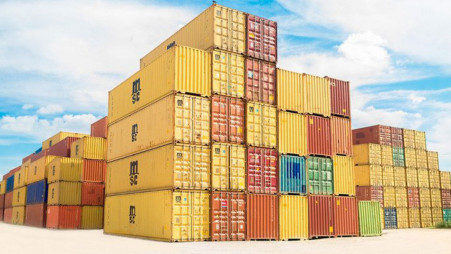Import bills rise 54% in five months
It indicates a strong and steady economic recovery in keeping with a sharp fall in coronavirus infections

Bangladesh's import payments surged by around 54% in the first five months of the current fiscal year compared to the corresponding period of last year – indicating a strong and steady economic recovery in keeping with a sharp fall in coronavirus infections.
Import bills in July-November swelled 53.74% year-on-year to $30.3 billion, according to the latest data of the Bangladesh Bank. With nations facing the pandemic funk, the settlement of Letters of Credit (LC), also known as actual import payments, in the corresponding period last year stood at $19.72 billion.
Imports of yarn, capital machinery and intermediate goods had a major contribution to the bills, which means production lines are alive and kicking and there has been a strong consumer demand at home.
However, spiralling commodity prices in the international market and spiked shipping cost pushed up the import payments.
In the first five months of this fiscal year capital machinery import saw 30% growth, the central bank's latest data show. During the period import growth of intermediate goods was 70%, chemical fertilizer 105%, yarn 103% and drugs and medicines more than 1,000%.
In July-November, there had been around 13,779% rise in LCs opening for rice import as the government allowed bringing in the food staple from foreign markets. However, the upswing put a less significant $340 million mark to the bills.
At the same time, LCs opening for sugar increased by more than 100% and refined edible oil by 81%.
The country saw 31.86% fall in LC opening for onion, 1.35% for pulses and 8.92% for dairy items.


 Keep updated, follow The Business Standard's Google news channel
Keep updated, follow The Business Standard's Google news channel
















